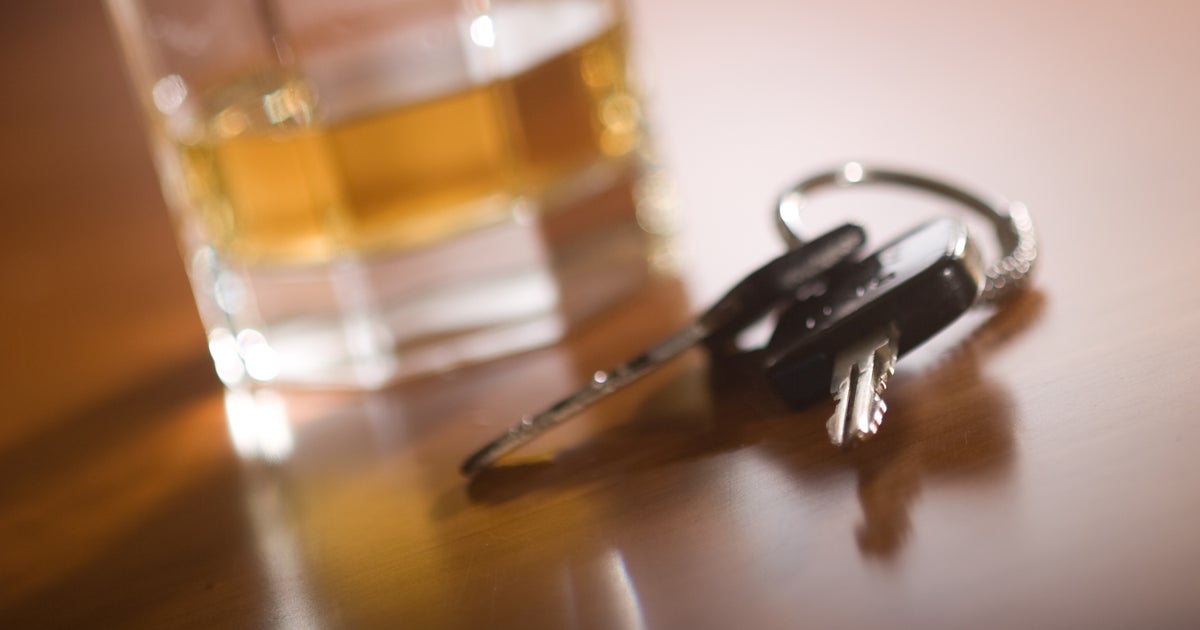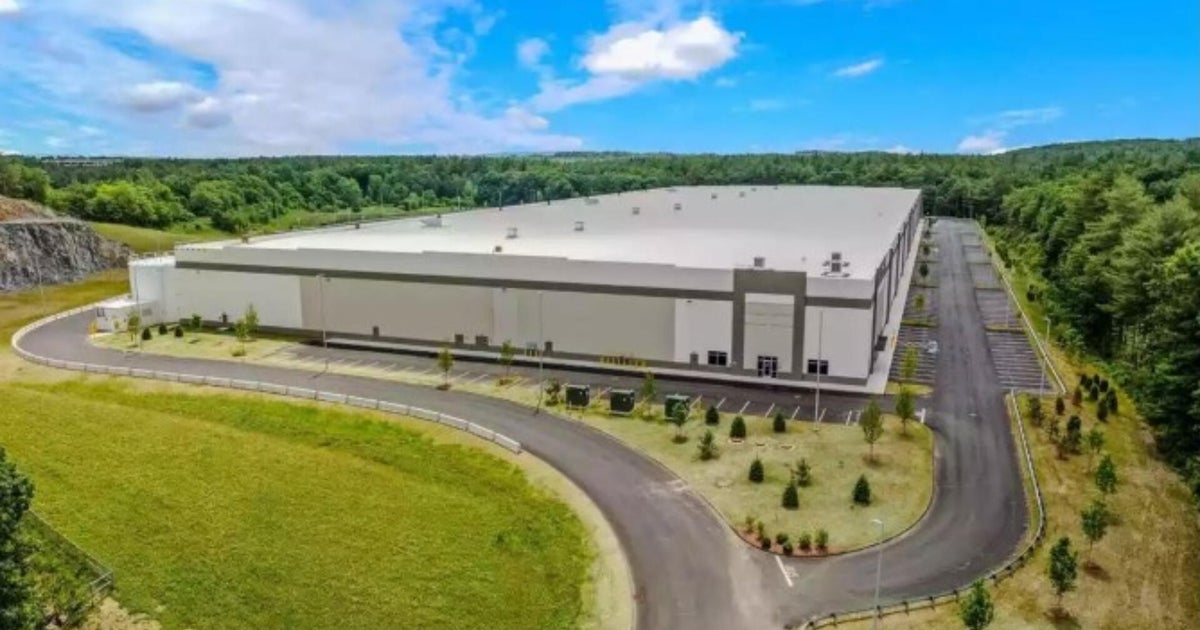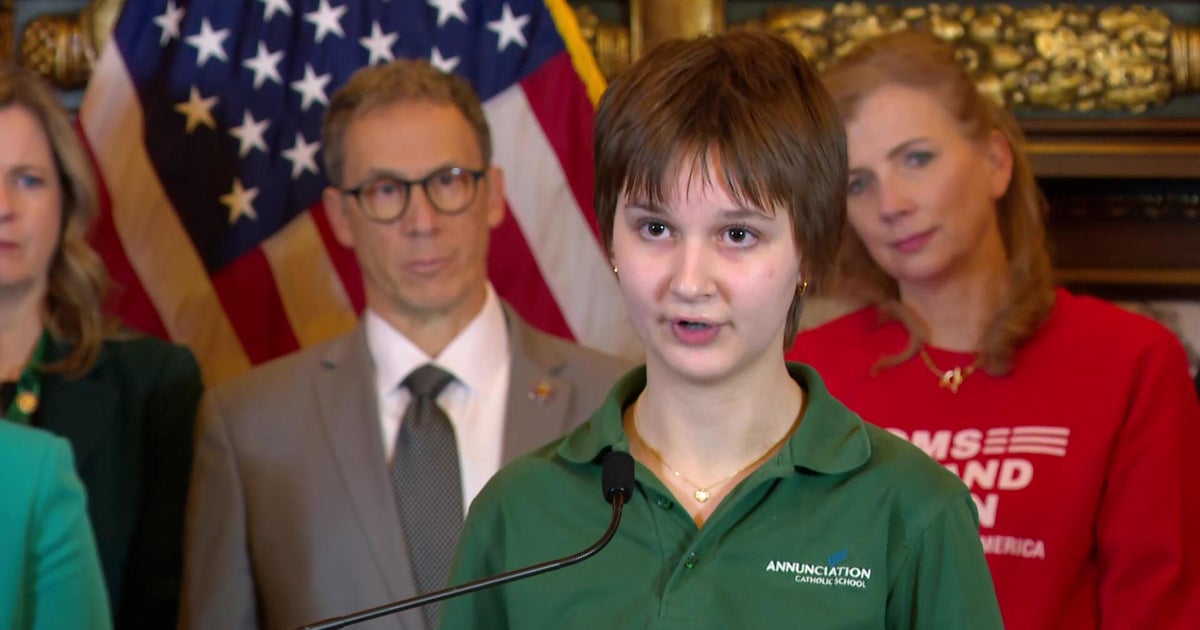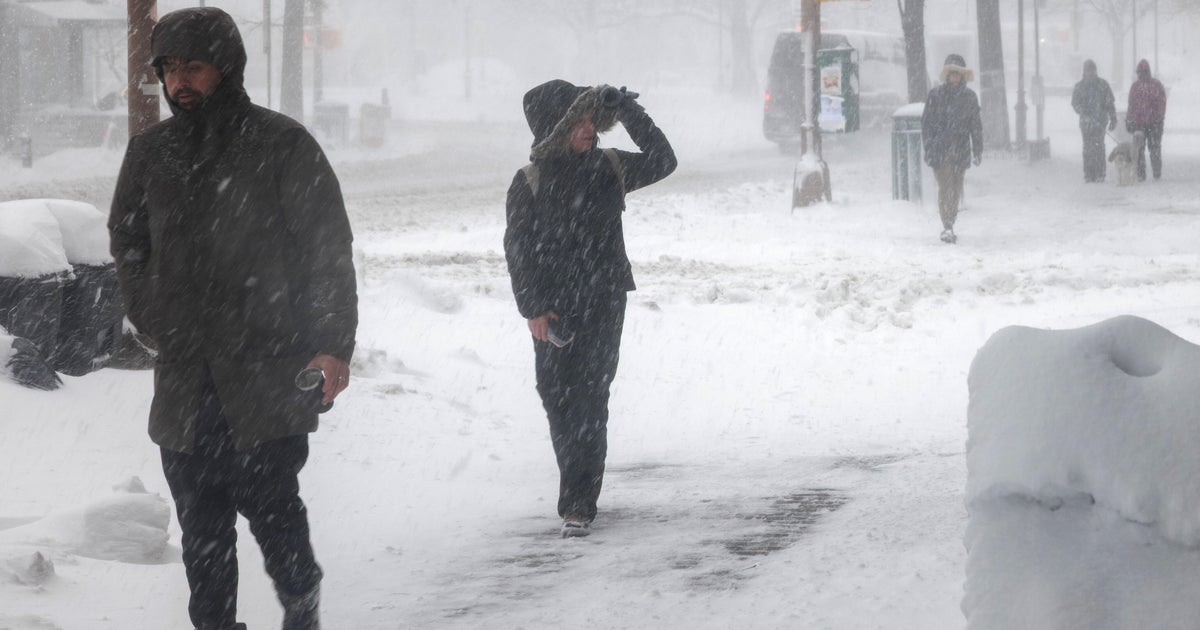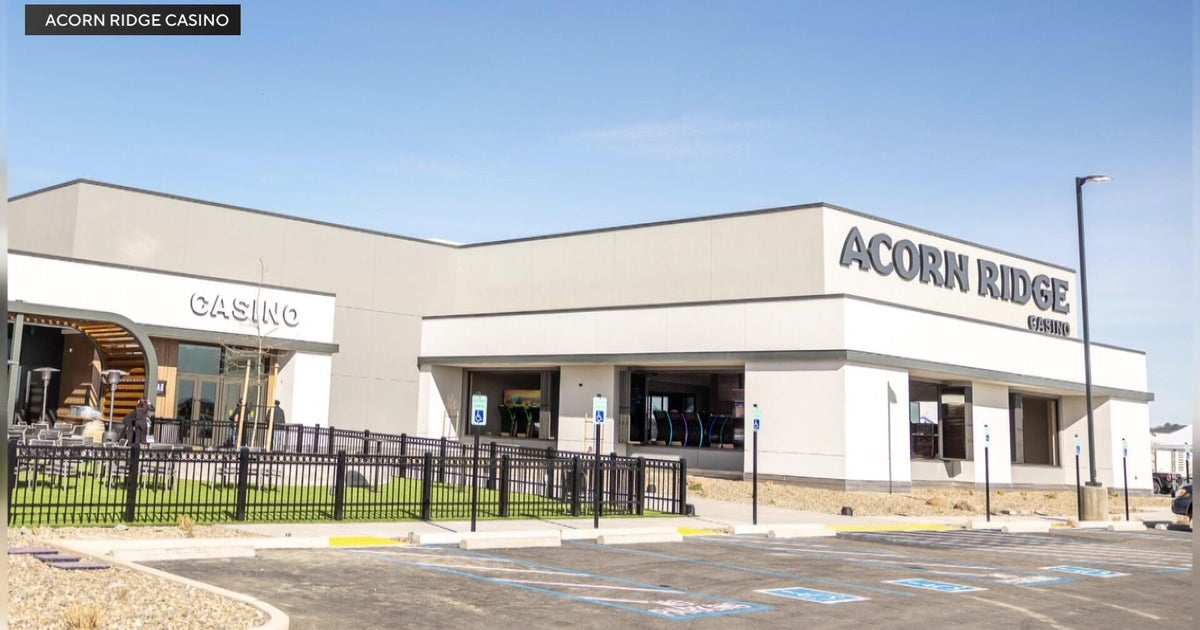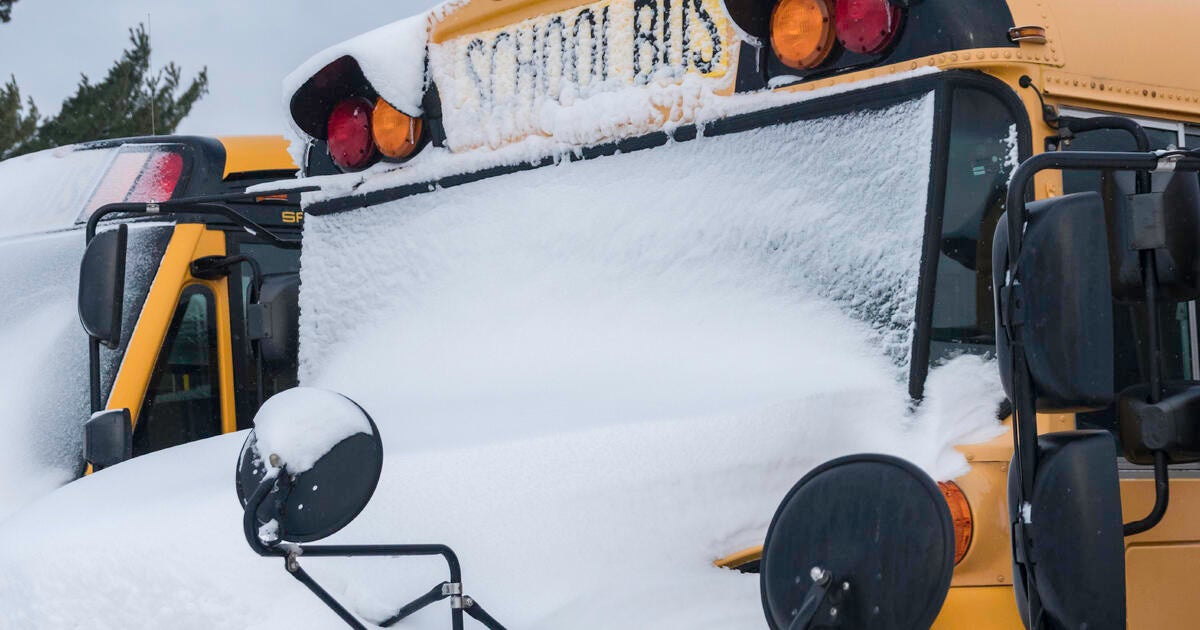Sources: Changes to be made to New York bail reform laws
ALBANY, N.Y. -- It's 25 days late and counting, but Gov. Kathy Hochul said Tuesday she's closing in on a budget deal with state lawmakers that, sources say, includes bail reform.
They're still hammering out details on a number of hot-button issues, but others have been either worked out of shelved.
After a bruising re-election campaign where concerns about public safety had Republican Lee Zeldin breathing down her neck, Hochul made bail reform the one issue she would not budge on in budget negotiations with the Legislature.
Sources tell CBS2 she will get her way as she has convinced reluctant lawmakers to eliminate the portion of the law that requires judges to choose the "least restrictive" option in setting bail, giving judges more discretion.
"Nothing is really over 'til it's over and that's why it would be premature to announce the details now, but I'm satisfied with where we are today," Hochul said.
During the Albany briefing, Hochul predicted that the budget wheeling and dealing would be over by the end of the week. Sources tell CBS2 that there has already been a meeting of the minds on a number of key issues.
- The minimum wage will be raised from $15 to $17, with future increases tied to inflation.
- The cigarette tax will be raised from $4.50 a pack to $5.50.
- Negotiations are ongoing on whether to ban the sale of flavored tobacco products, including menthol cigarettes.
- Licenses for 22 new charter schools can be issued in the city, but talks are continuing on funding and siting.
"I believe in public schools, but it is hard for me to turn my back on 50,000 parents who put their names on wait lists so their kids could have a different alternative," Hochul said.
The governor's ambitious plan to build 800,000 units of housing that include mandated zoning changes will be tabled, at least for now. There was intense pushback from suburban lawmakers on Long Island and in Westchester County.
"I feel a bit like Wayne Gretzky. You miss 100% of the shots you don't take. I took the shot," Hochul said.
There are also ongoing talks about a way to close down the thousands of illegal cannabis shops that have sprung up all over the state, including 1,700 in New York City, alone.
The governor has still not given up on the idea of banning gas stoves and appliances in new buildings, but she said that nothing is imminent and that she's also exploring electric bill rebates.
So how will Albany affect New York City's financial picture?
Mayor Eric Adams is closely watching what happens in the capital because he has to unveil his own budget on Wednesday.
He's hoping against hope that Albany has a few stray billions to toss his way from the state budget.
CBS2 has learned there are some pleasant surprises coming his way.
Albany and New York City are expected to be in fiscal "conjunction," as they say in the astronomy world, with the new state budget helping the mayor dig out of a big budget hole.
"Every service in this city is going to be impacted," Adams said.
That was the mayor last week bemoaning the huge costs from the tidal wave of some 50,000 asylum seekers who have flooded the city at a projected cost of $4.2 billion by mid 2024.
Sources tell CBS2 that the mayor will get $1 billion in relief in the new state budget.
He is to expect:
- $767 million to house immigrants
- $162 million for National Guard operations
- $137 million for health care
- $30 million in resettlement funding
- $10 million for legal services
- $6 million for the shelter at the Brooklyn Cruise Terminal
Sources say the mayor is reportedly also on track to get some much needed budget relief in the MTA bailout deal. Originally, the governor said the the city would have to give the MTA an extra $500 million on top of the $2 billion it already gives the agency annually. However, that amount has been cut to between $150 and $160 million in the deal.
The MTA deal will also reportedly include:
- $1 billion by increasing the payroll mobility tax on businesses in the five boroughs
- $400 million in a one-time payment from the state
- $400 million in MTA efficiencies
- And language that will allow some portion of future casino revenues to flow to the transit agency
It's unclear whether the MTA will go though with a plan to raise bus, subway and train fares by 5.5%. A source told CBS2 the fare hike is not part of the budget discussion.

